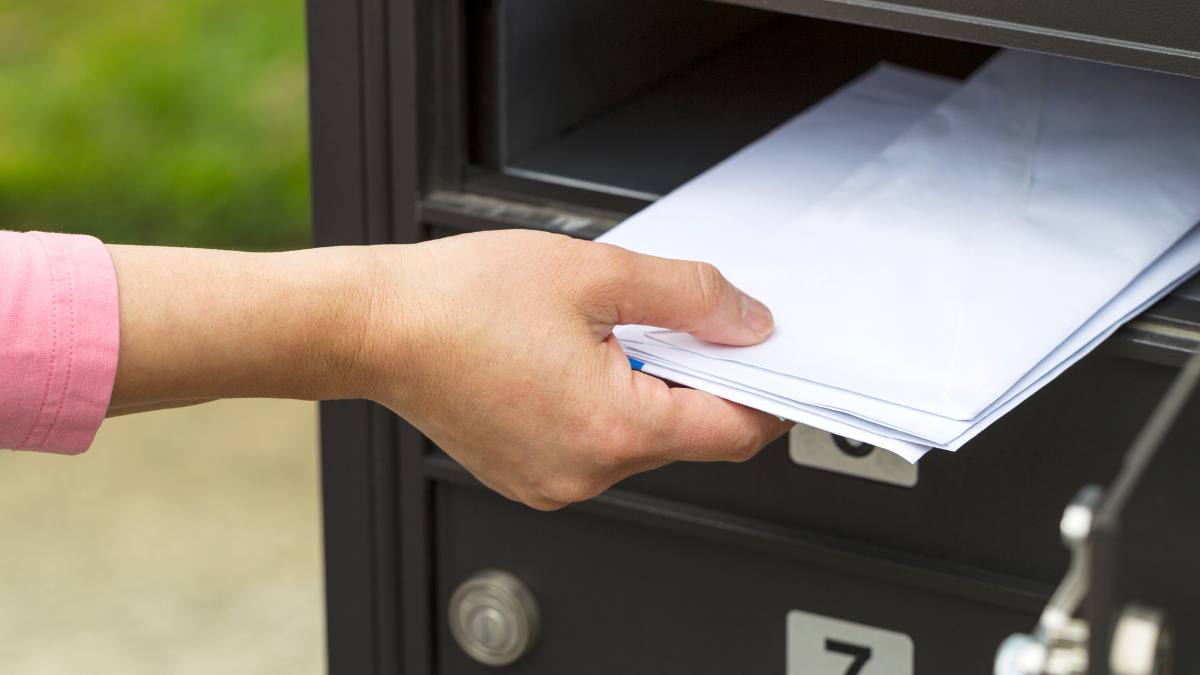From upping the retirement age to cost-of- living adjustments, the Social Security Administration (SSA) is in the hot seat lately, and they don’t plan on slowing down. Now, with yet another unwelcome change likely coming at the end of the month regarding overpayments, many beneficiaries are left feeling anxious and uncertain. Why? They might owe money back to the SSA for payments received months or even years ago. Wondering whether or not you’re affected? Here, we break down everything you need to know about Social Security overpayments and what the new policy means going forward.
What is a Social Security overpayment?
Every year Social Security pays about $1.6 trillion in benefits to 70 million people per month. An overpayment occurs when a beneficiary gets more money than they should have.
Overpayments can happen for various reasons, including an SSA miscalculation or a beneficiary neglecting to update their income, marital or work status. “Regardless of who is at fault, beneficiaries who receive overpayments from the Social Security Administration usually have to give back the money,” according to NerdWallet. “Because taxpayer money funds Social Security benefits, the SSA is legally required to recover overpayments.”
While people could gradually pay back the overpayment, that might be changing soon.
New policy change for Social Security overpayments
If Social Security overpaid you, it might come at a high cost. Recently, the agency shared that it’s reinstating a plan to take 100 percent of a beneficiary’s monthly check to pay back the money instead of the 10 percent rate it’s at currently.
Although many people don’t realize they’re overpaid, the policy reversal could cause financial strain for seniors if they’re forced to give everything back all at once.
“We have the significant responsibility to be good stewards of the trust funds for the American people,” said Lee Dudek, acting commissioner of Social Security. “It is our duty to revise the overpayment repayment policy back to full withholding, as it was during the Obama administration and first Trump administration, to properly safeguard taxpayer funds.”
But when will the reversal happen? The SSA said it will start claiming 100 percent of benefit checks to cover overpayment starting on March 27. Anyone who was overpaid before March 27 will keep the 10 percent rate along with those getting Supplemental Security Income, a program for low-income seniors and disabled Americans.
How to pay back a Social Security overpayment

Ever since the SSA announced the overpayment change on March 7, people have been wondering dither how to pay what they owe or avoid being charged.
“People who are overpaid after March 27 will automatically be placed in full recovery at a rate of 100 percent of the Social Security payment,” the agency said in a statement. “If someone cannot afford full recovery of their overpayment, they can contact Social Security at 1-800-772-121 or their local office to request a lower rate of recovery.”
Typically, the SSA starts withholding benefits around 60 days after they’ve notified people about the overpayment. You can repay the money by credit card, online bill pay or check, but the SSA can also take money from your federal tax refund.
Can you appeal a Social Security overpayment?
If you receive an overpayment notice, the SSA shared that you can appeal the decision or amount. “They can ask Social Security to waive collection of the overpayment, if they believe it was not their fault and can’t afford to pay it back,” they said. “The agency does not pursue recoveries while an initial appeal or waiver is pending.”
March 27 isn’t too far off, so make sure all your information is up to date and stay alert regarding your benefits and any changes that may occur.






